Mentor Log in
Log in details
Password
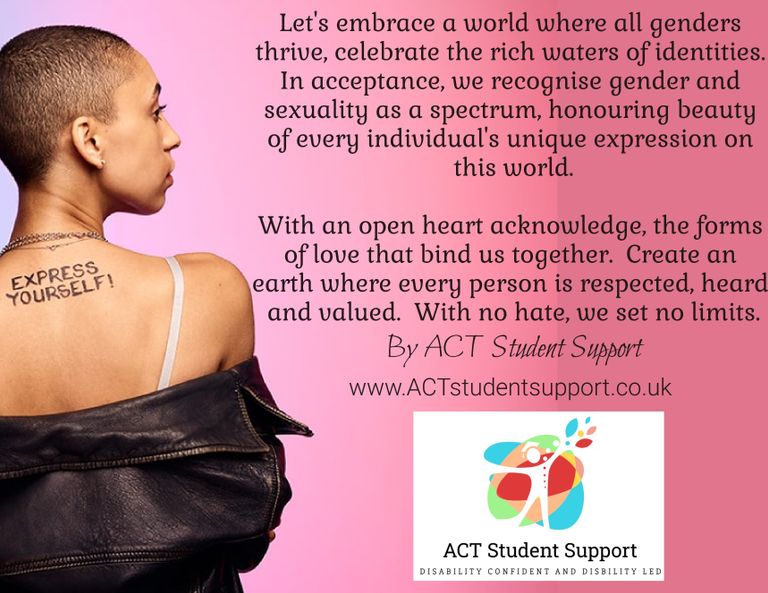
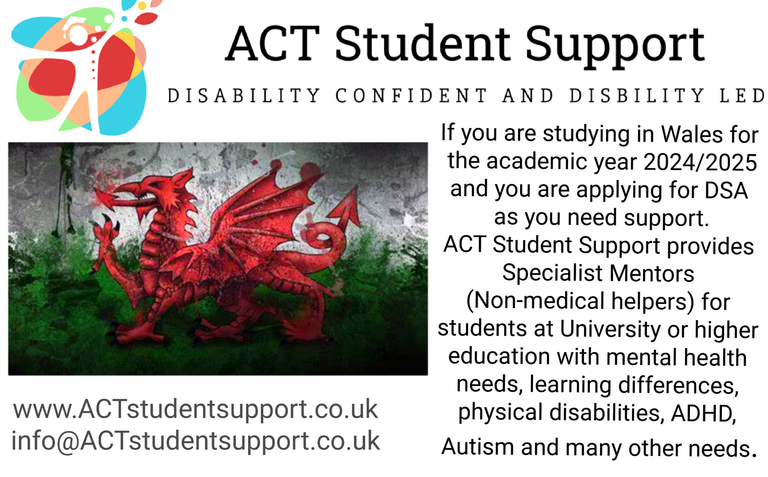
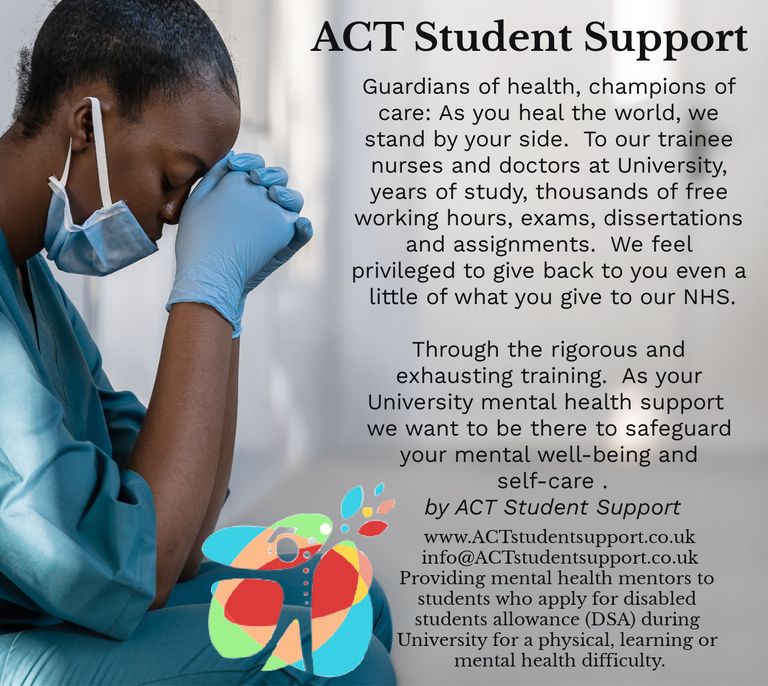
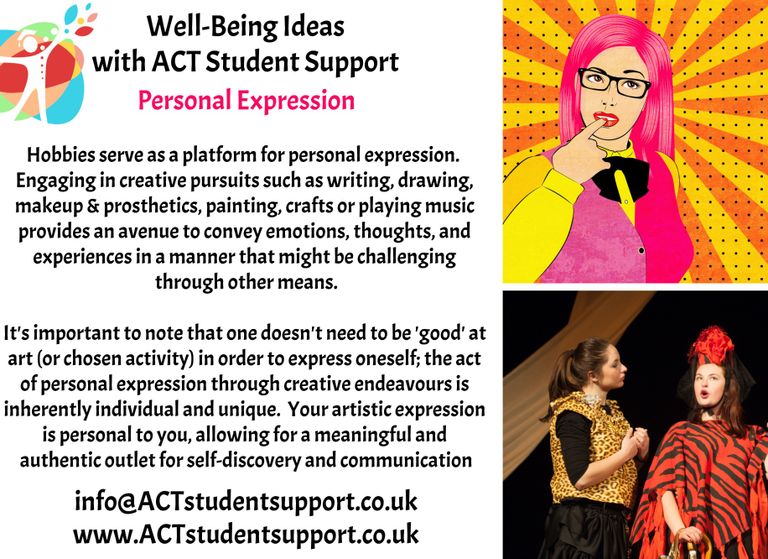
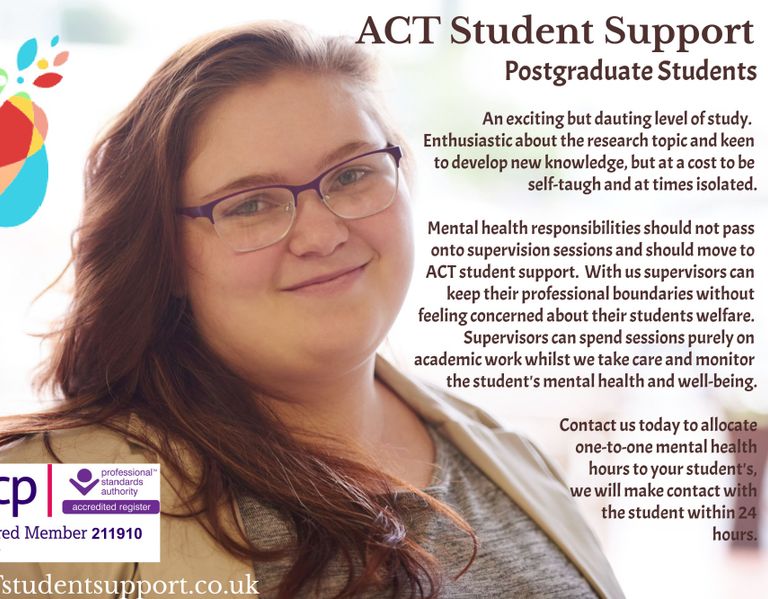
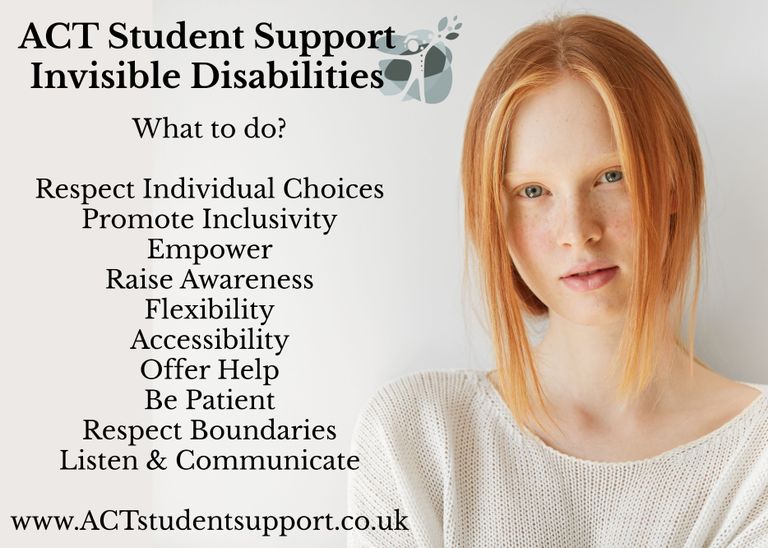


Types of Mental Health Conditions our Mentors work with.
Although we see each person as an individual, with their own unique needs, challenges and strengths.
Addiction
Addiction is defined as not having control over doing, taking or using something to the point where it could be harmful to you. Addiction is most commonly associated with gambling, drugs, alcohol and smoking, but it's possible to be addicted to just about anything, including.
Anxiety Disorders
Anxiety disorders manifest when feelings of anxiety become overwhelming and persistent, significantly impacting daily functioning and overall well-being.
Attention Deficit Hyperactivity Disorder (ADHD)
ADHD, a developmental disorder, is characterized by inattention, disorganization, and hyperactivity-impulsivity. Individuals with ADHD struggle with staying focused, organized, and controlling impulsive behaviours.
Bipolar Disorder
Bipolar disorder leads to pronounced mood shifts, energy fluctuations, and cognitive challenges. Those affected experience intense highs (mania) and lows (depression), sometimes with extended periods of symptom-free intervals.
Borderline Personality Disorder
BPD showcases emotional instability, tumultuous interpersonal relationships, and an unsteady self-image. Impulsivity and self-harm tendencies can also be prevalent.
Depression
Depression involves recurring, severe episodes marked by distinct mood changes, negative thoughts, and disruptions in sleep, appetite, and energy levels for at least two weeks.
Dissociative Disorders
These disorders, frequently linked with trauma, disrupt multiple aspects of psychological functioning, including consciousness, memory, identity, emotions, motor control, and behaviour.
Eating Disorders
Eating disorders involve intentional alterations in food consumption that impact physical health and social behaviours.
Neurodevelopmental disorders
Neurodevelopmental disorders are behavioural and cognitive disorders, that arise during the developmental period, and involve significant difficulties in the acquisition and execution of specific intellectual, motor, language, or social functions.
Obsessive-Compulsive Disorder
OCD entails persistent intrusive thoughts (obsessions) coupled with repetitive behaviours (compulsions) performed in response to those thoughts.
Post-traumatic Stress Disorder
PTSD encompasses physiological and psychological responses triggered by exposure to traumatic events, such as accidents, disasters, or acts of violence.
Psychosis
Psychosis involves disturbances in thinking and perception, creating challenges in distinguishing between reality and illusion.
Schizoaffective Disorder
Schizoaffective disorder combines symptoms of schizophrenia, like hallucinations and delusions, with mood disorder symptoms, including manic or depressive episodes.
Schizophrenia
Schizophrenia disrupts cognitive abilities, emotional regulation, decision-making, and interpersonal connections. Hallucinations and delusions further detach individuals from reality.
